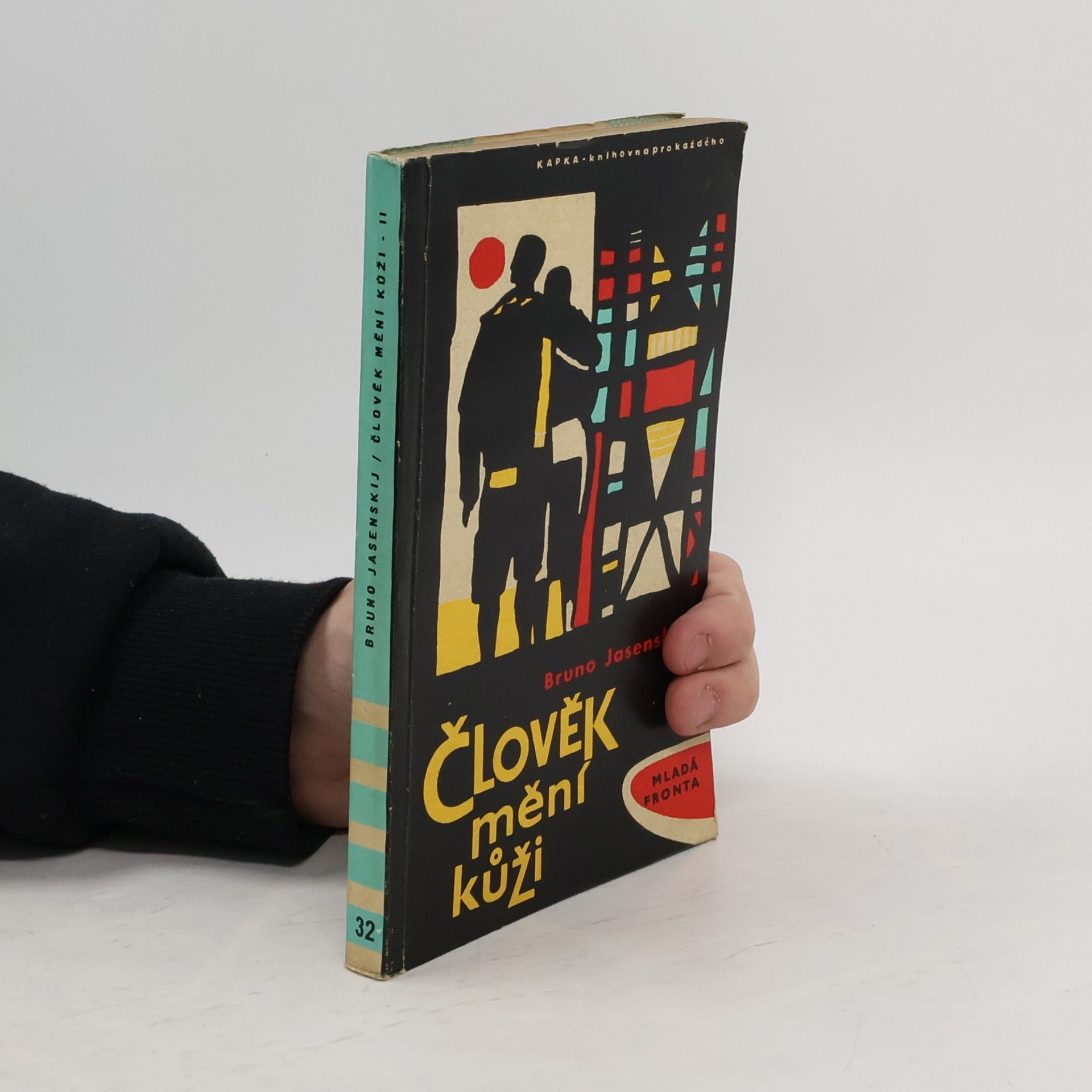Ein junger Pariser erlebt, dass seine Liebe nicht ausreicht, um seine Geliebte zu halten. Als die Pest ausbricht, herrscht Anarchie in der Stadt, während politische und ethnische Konflikte eskalieren. Bruno Jasieńskis Roman von 1928 thematisiert die Gefahren von Seuchen und die radikale Ablehnung des Kapitalismus.
Bruno Jasieński Bücher
Bruno Jasieński war eine Schlüsselfigur der polnischen futuristischen Bewegung, dessen Werk die Dynamik der Moderne und gesellschaftliche Veränderungen mit ausdrucksstarker und experimenteller Poesie erforschte. Seine Schriften spiegelten oft seine radikalen politischen Überzeugungen und seine Suche nach einer neuen künstlerischen Sprache wider, die der turbulenten Zeit entsprechen konnte. Jasieńskis Leben, das tragisch inmitten der sowjetischen Säuberungen endete, verleiht seinem literarischen Erbe eine tiefgründige Dimension und dient als eindringliche Erinnerung an die komplexen Beziehungen zwischen Kunst, Politik und persönlichem Schicksal. Sein Einfluss als Avantgarde-Dichter und Theoretiker wird bis heute in modernistischen Kunstkreisen anerkannt.

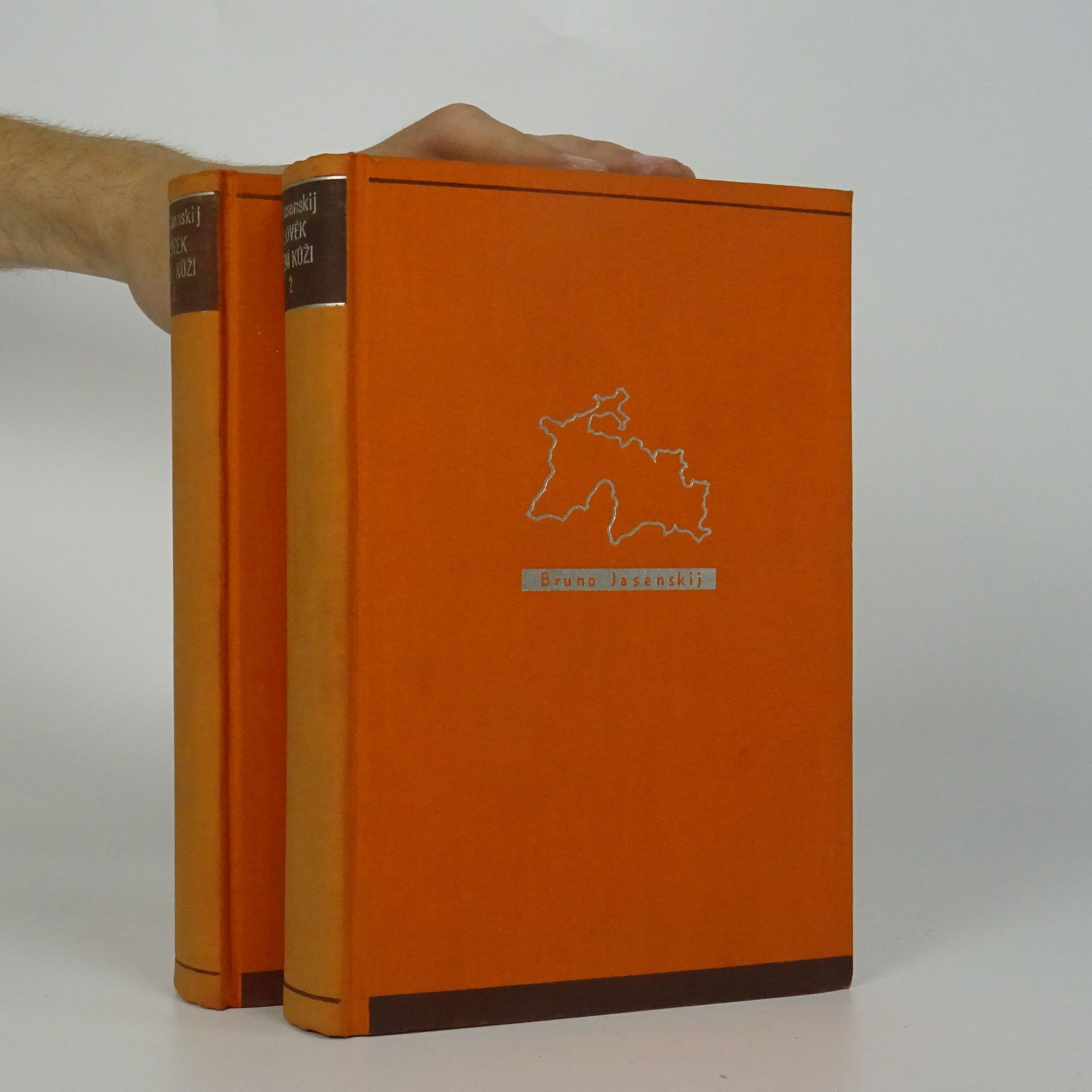
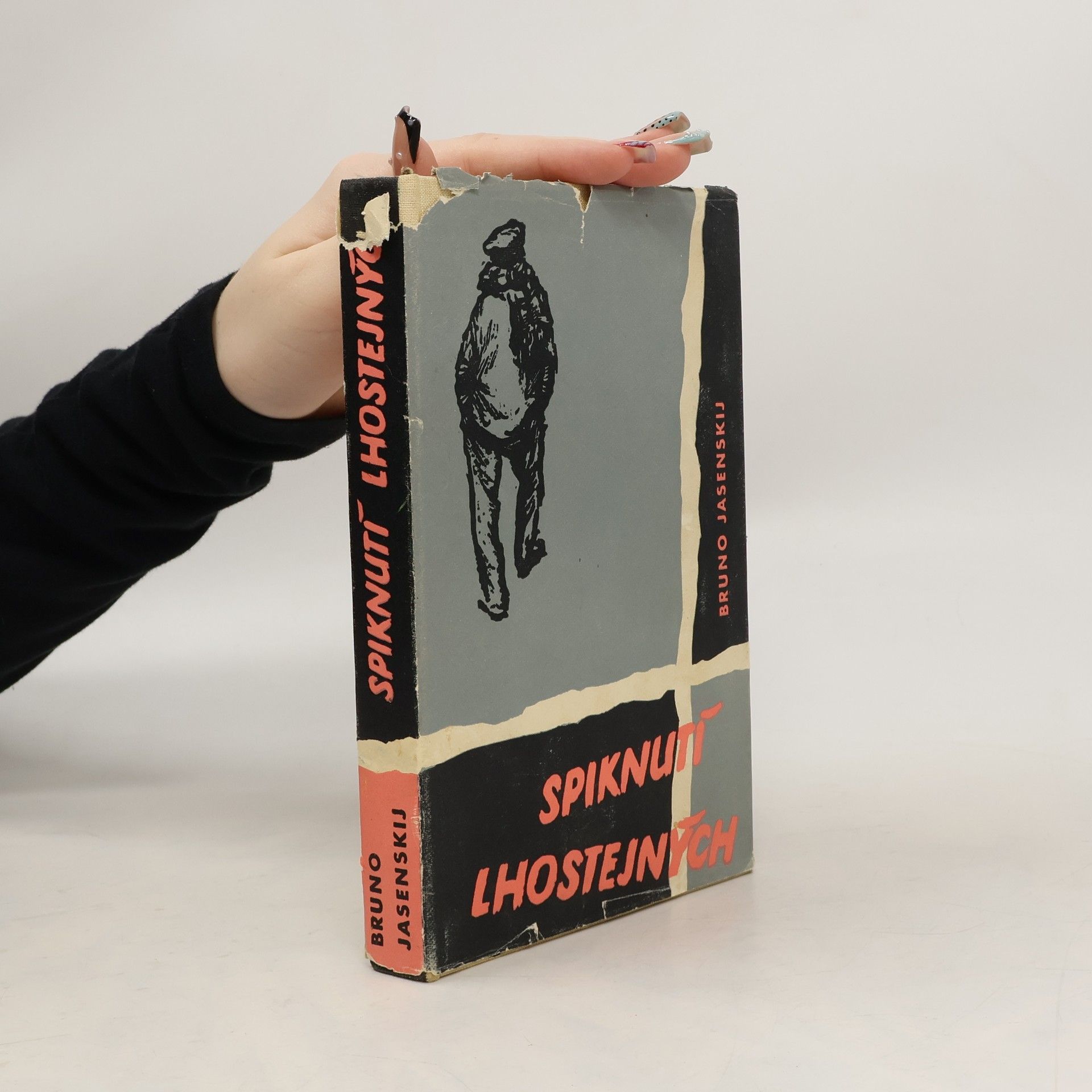
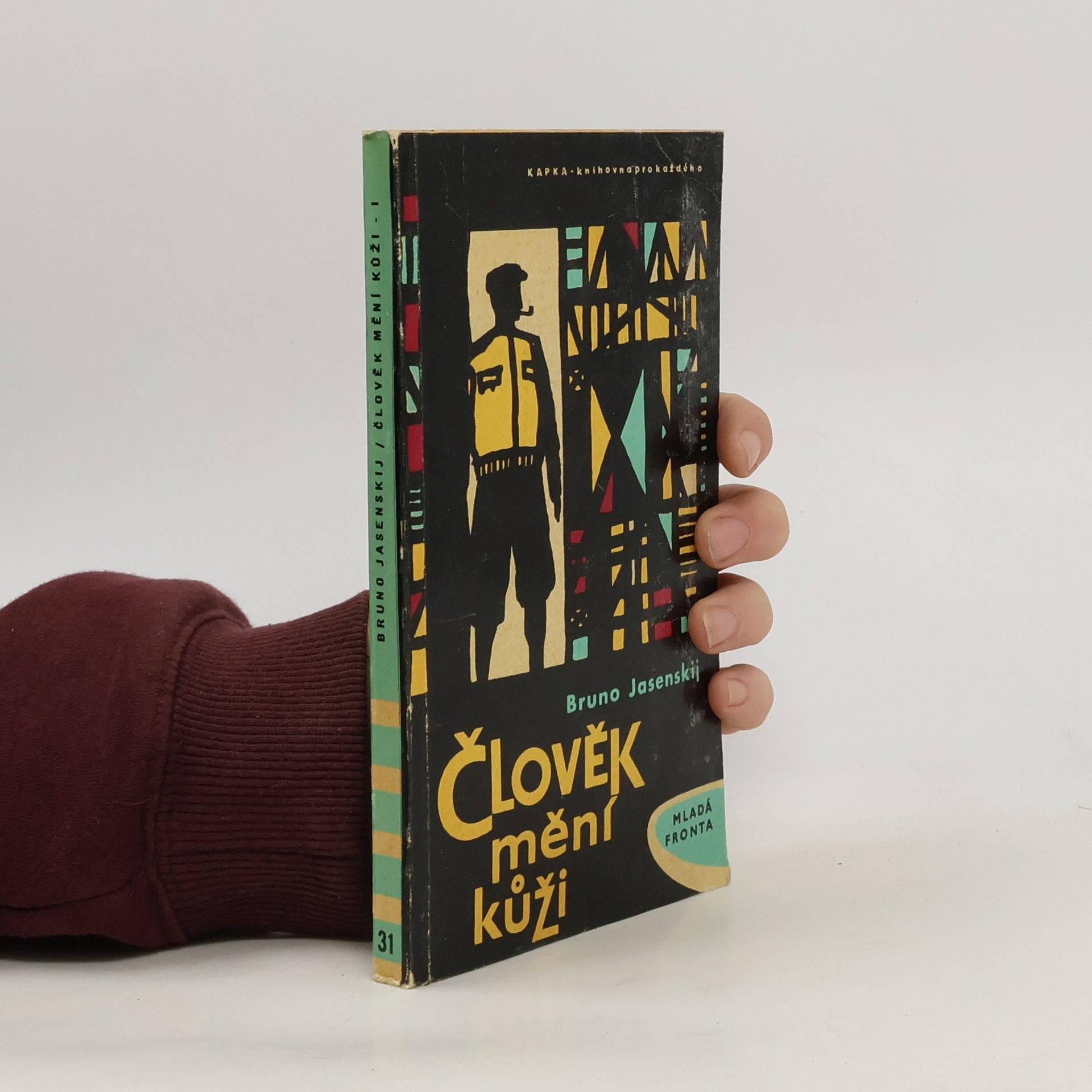
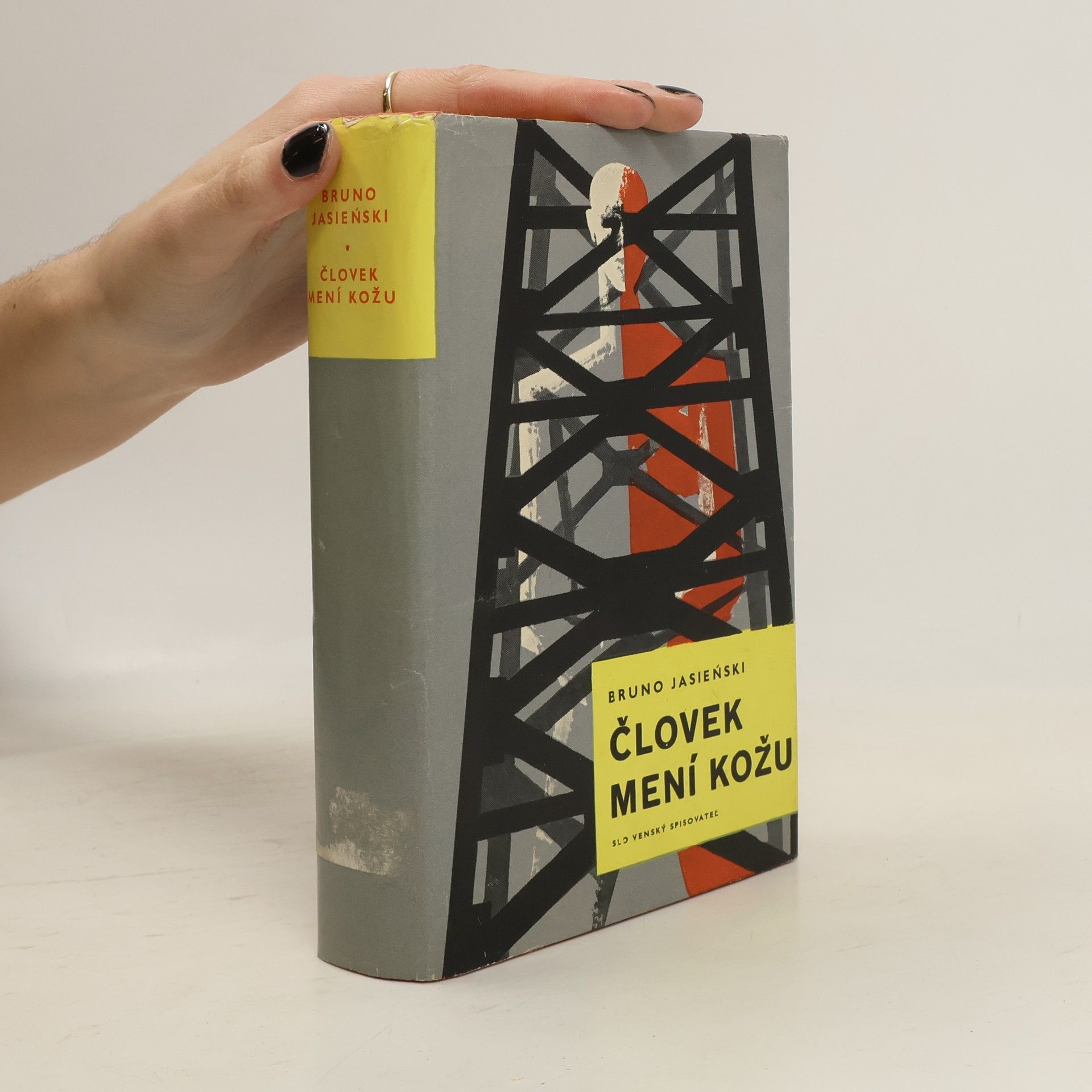


Pest über Paris
- 300 Seiten
- 11 Lesestunden
Der Einstieg ist ein einziges Stakkato an futuristischen Allegorien und unglaublichen Adjektiven über den Hunger und den Zorn eines Pariser Arbeiters, der sich an den selbstzufriedenen und lethargischen Bürgern rächt, indem er die Pest verbreitet. Dem folgt ein fesselndes Porträt verschiedenster Gesellschaftsgruppen, ihrer Konflikte und ihrer Methoden die Seuche zu ihrem Vorteil zu nutzen. Verdrängung und Verrat, Ausgrenzung der Infizierten, bis man selbst betroffen ist, Diebstahl, Ausbruch aus der Quarantäne, Rücksichtslosigkeit und Verzweifung treffen auf Empathie, Heldenmut und Hilfe und kulminieren in ein optimistisches und hoffnungsvolles Tremolo. Auch ein beiläufiges Porträt der frühen kommunistischen Bewegung in China macht diesen Roman zum Buch der Stunde von erstaunlicher Relevanz für die Gegenwart. Der Inhalt dieses Epos, das sich aus den realen Erfahrungen der Spanischen Grippe und der revolutionären Strömungen nach dem Ersten Weltkrieg speist, wird an Dramatik nur vom Leben des Autors selbst übertroffen. Jasieński flüchtet 1924 aus Polen nach Frankreich, tritt dort der KPF bei, wird aufgrund der Veröffentlichung von Pest über Paris als Fortsetzungsroman in L ́Humanité 1928 des Landes verwiesen und muss ins Exil in die Sowjetunion, wo er 1938 dem stalinistischen Terror zum Opfer fällt.
